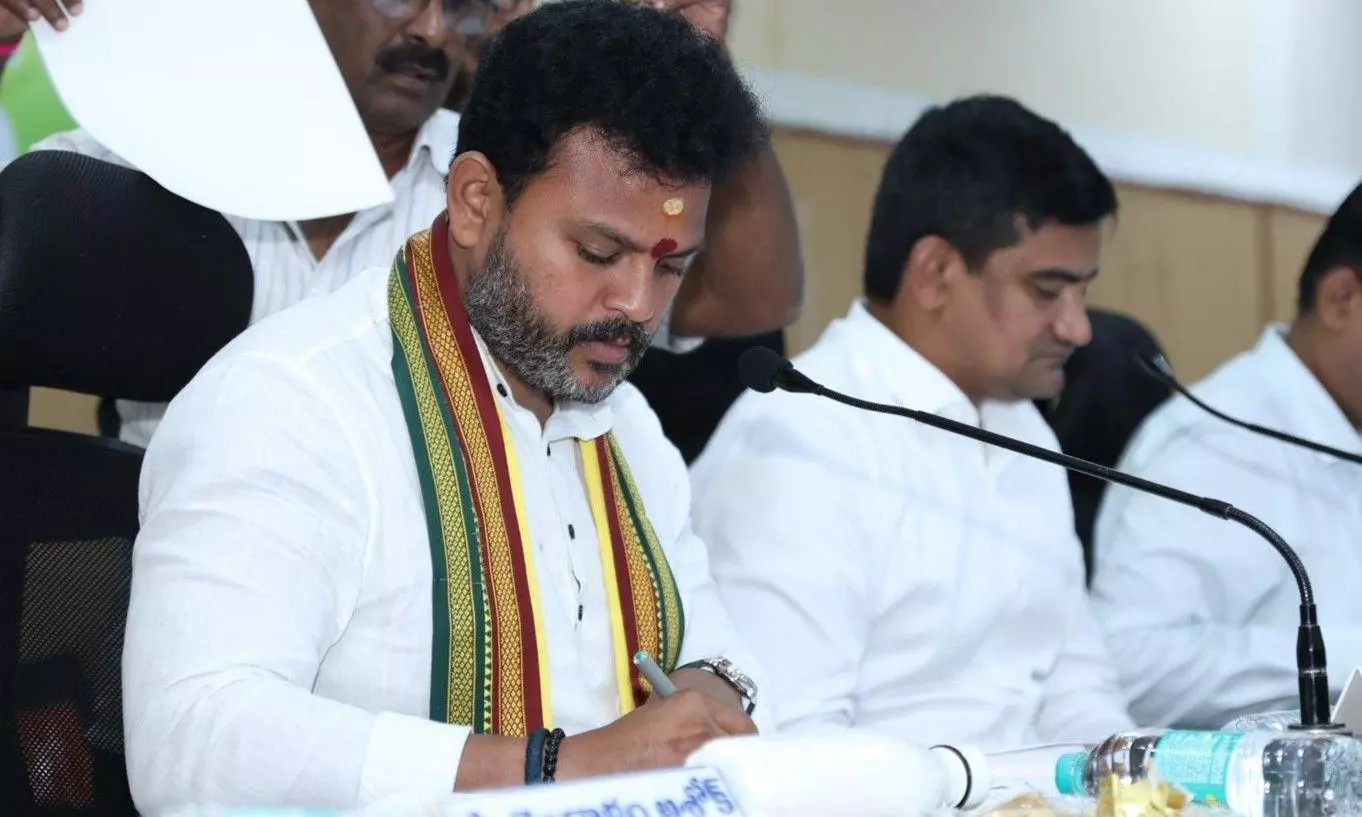
Centre to unveil Sustainable Aviation Fuel policy to cut oil imports, boost green jobs
Aviation Minister K Ram Mohan Naidu says SAF can raise farmers’ income and reduce carbon emissions, with blending targets set up to 5% by 2030

Union Civil Aviation Minister K Ram Mohan Naidu said that the Union government will introduce a policy on Sustainable Aviation Fuel (SAF), which can reduce crude oil imports, increase farmers' income and create more green jobs.
Addressing the India Sustainable Aviation Fuel Summit 2025, organised by the Civil Aviation Ministry and industry body FICCI, on November 6, Naidu stressed that the adoption of SAF would demand more innovation, investment, and collective international collaboration.
Blending target
India aims to have 1 per cent blending of SAF in jet fuel by 2027, 2 per cent by 2028, and 5 per cent by 2030. SAF can be used as a drop-in fuel in Aviation Turbine Fuel (ATF), which powers aircraft.
Naidu said that private players should also be part of SAF production, along with oil companies.
Also Read: Rs 100 cr housing fraud in Mumbai; case filed against builder, others
"From feedstock to fuel, from farmers to flyers, and from frying to flying, who would have actually imagined that (those) frying samosas also could participate in this whole global aviation movement?" Naidu said, adding that the government would introduce a SAF policy very soon.
Benefits of SAF
India has more than 750 million tonnes of available biomass and nearly 213 million tonnes of surplus agricultural residue. Apart from reducing carbon emissions, the minister said, SAF could empower farmers by increasing their incomes by 10-15 per cent.
"Along with reducing the crude oil import bill by USD 5-7 billion every year, SAF production can also help create over 1 million green jobs across the SAF value chain," he added. At present, global SAF is very limited. Globally, the requirement for SAF is estimated at 183 million tonnes by 2040.
Also Read: Why global capital has found its next great love affair in India’s banks
Naidu said that the country could produce SAF at highly competitive rates, and the fuel could also help address the challenge of growth versus sustainability.
India is one of the world's fastest-growing civil aviation markets, and domestic carriers have placed orders for more than 1,700 aircraft.
(With agency inputs)

